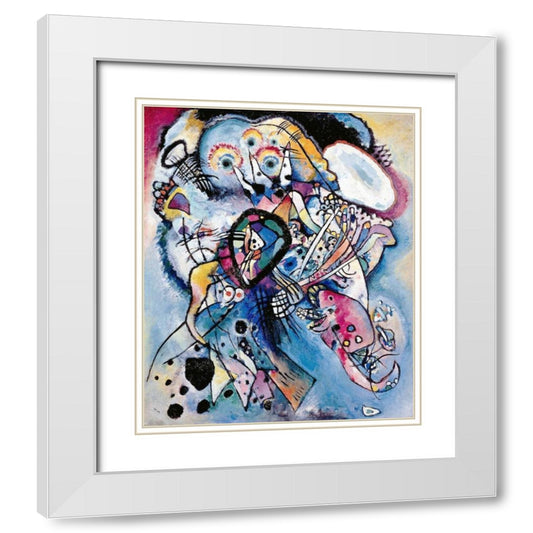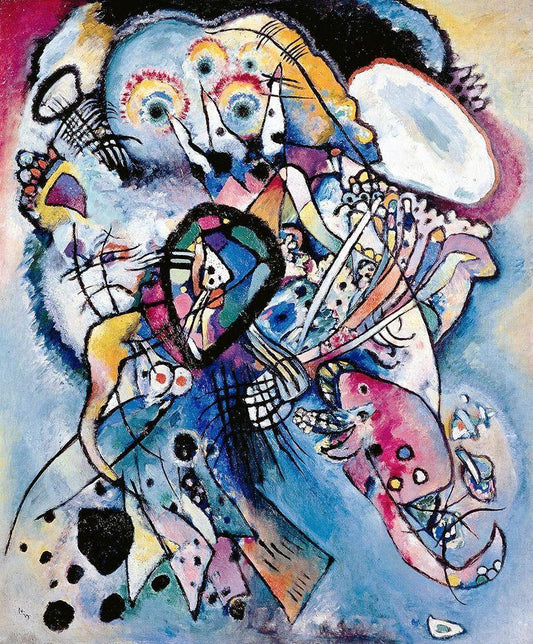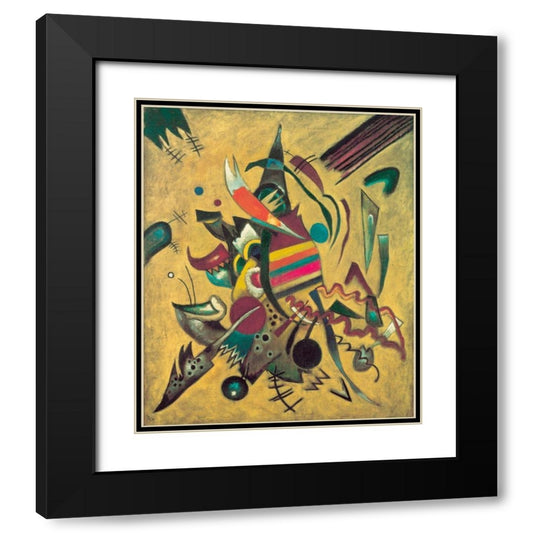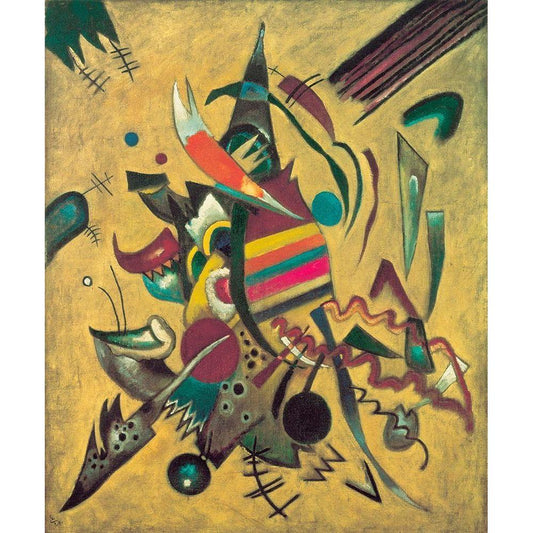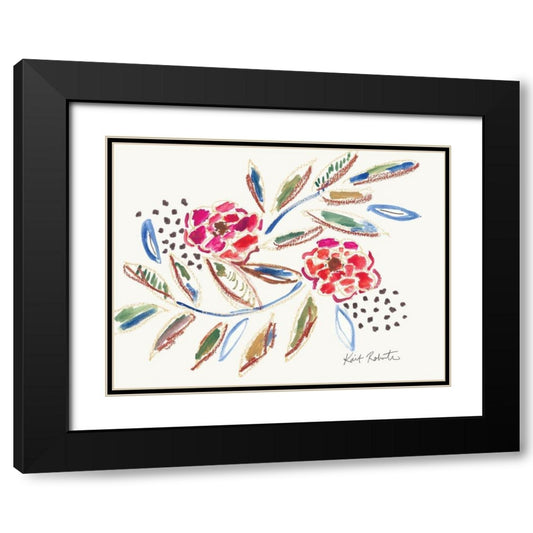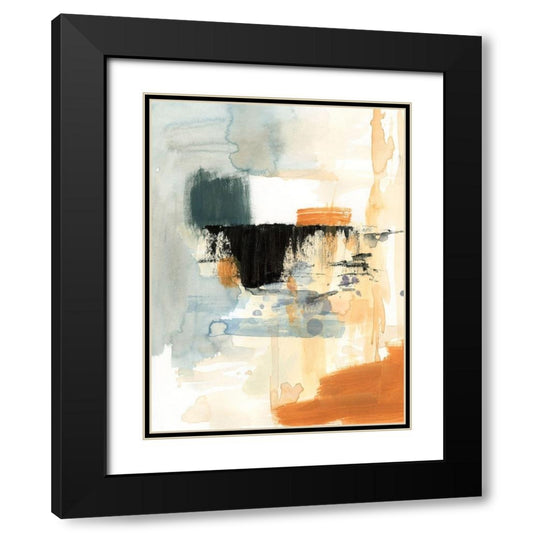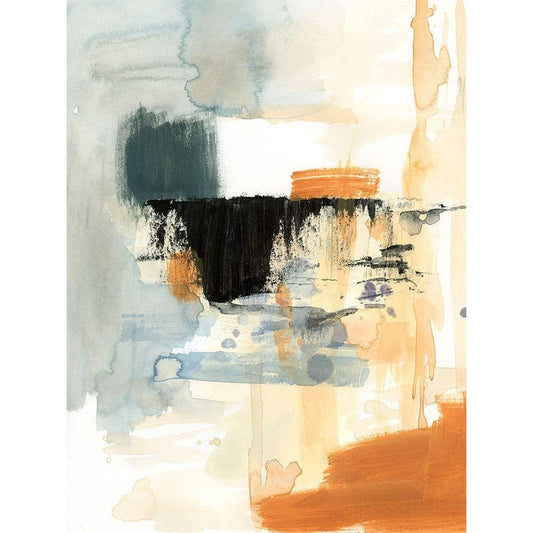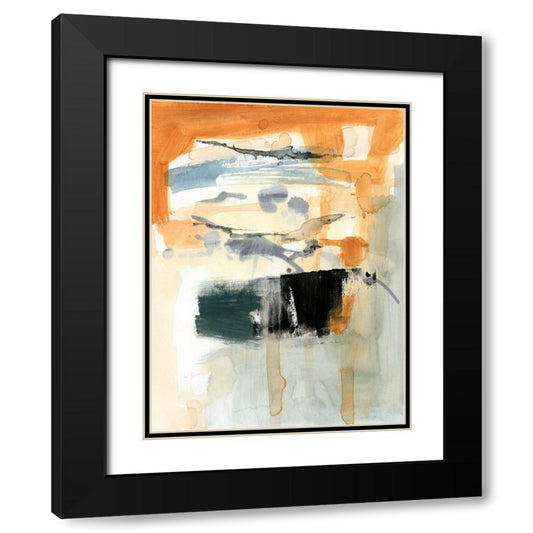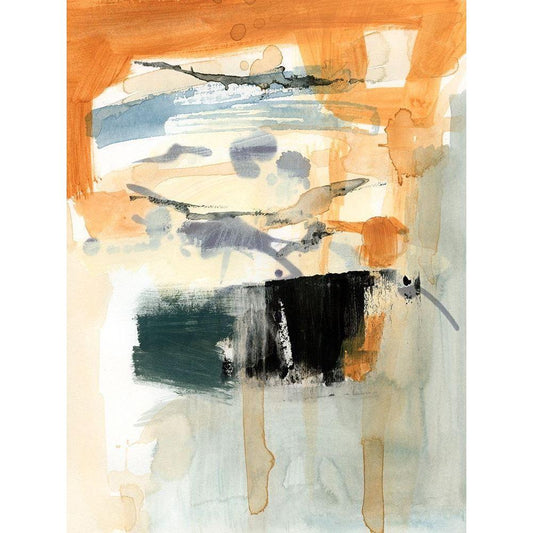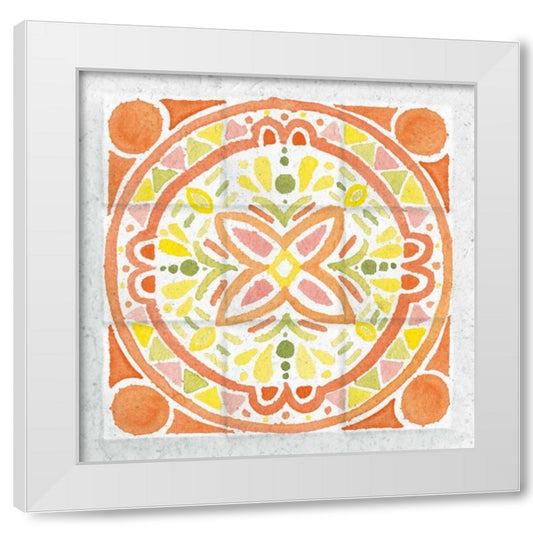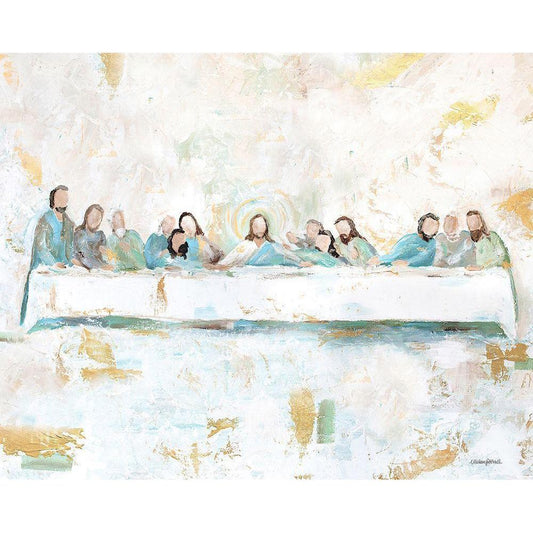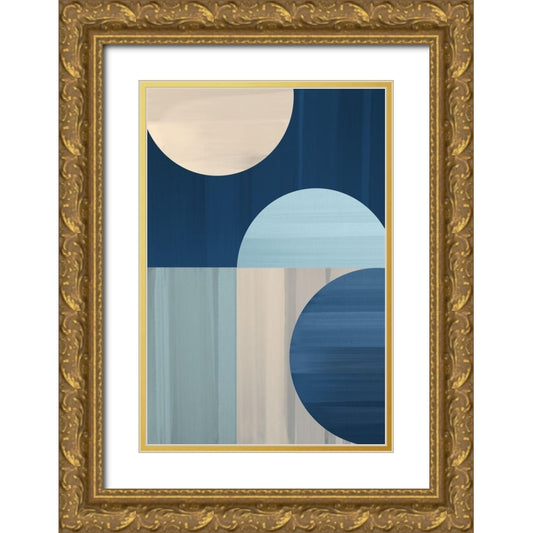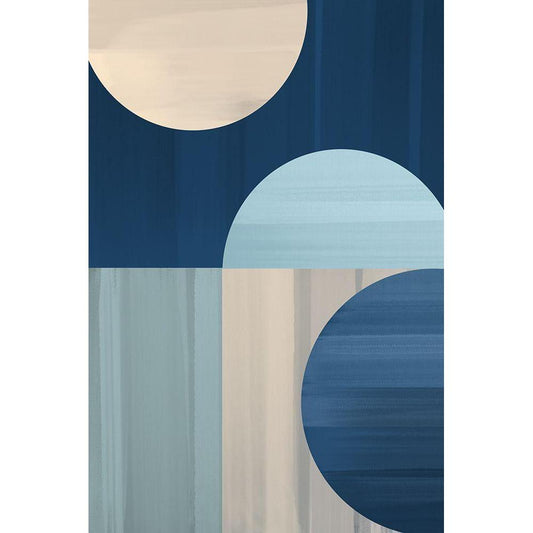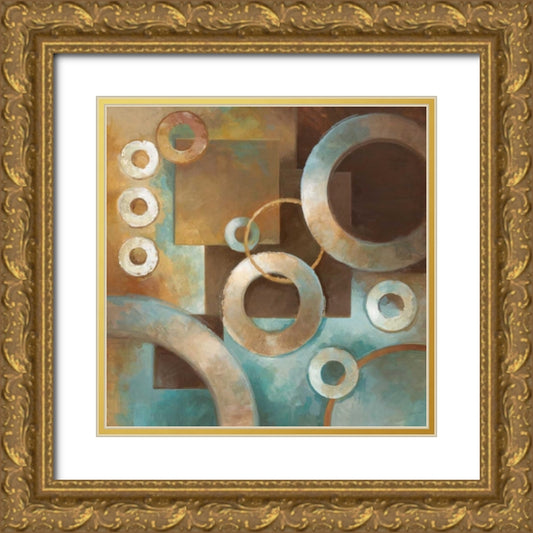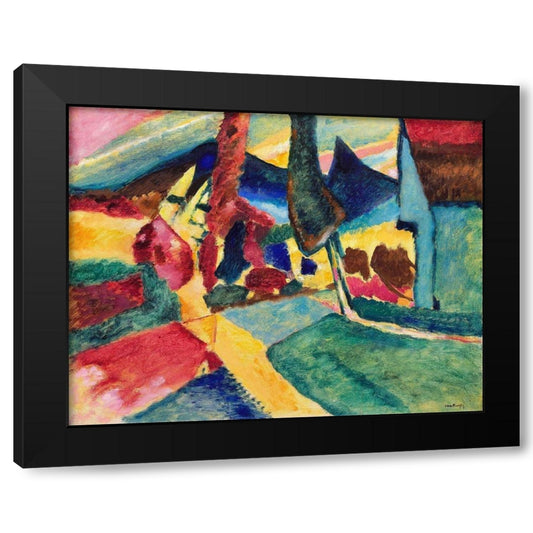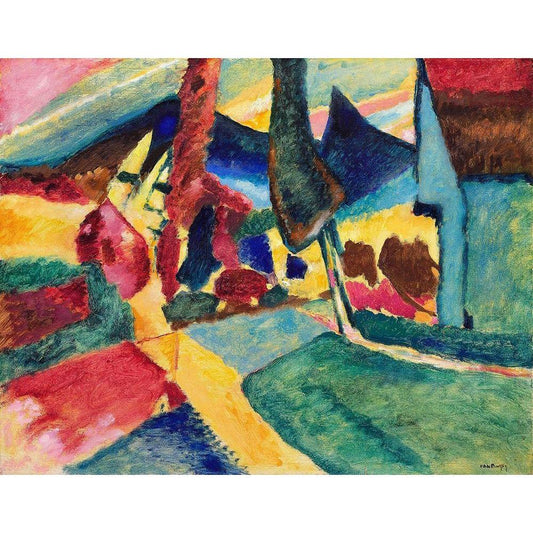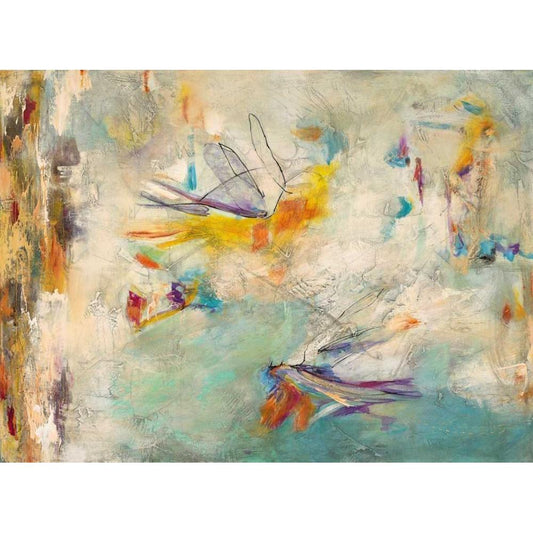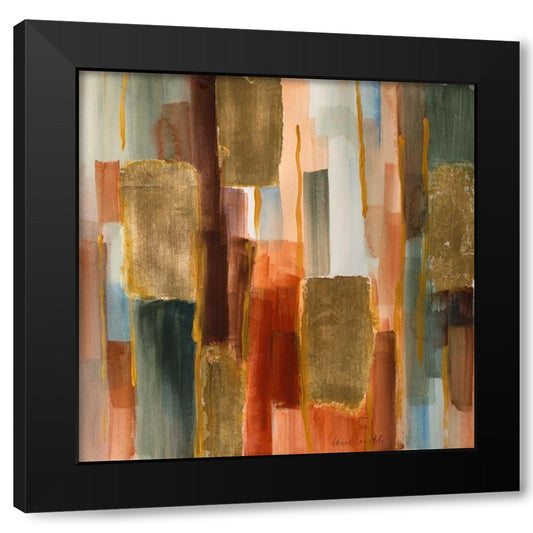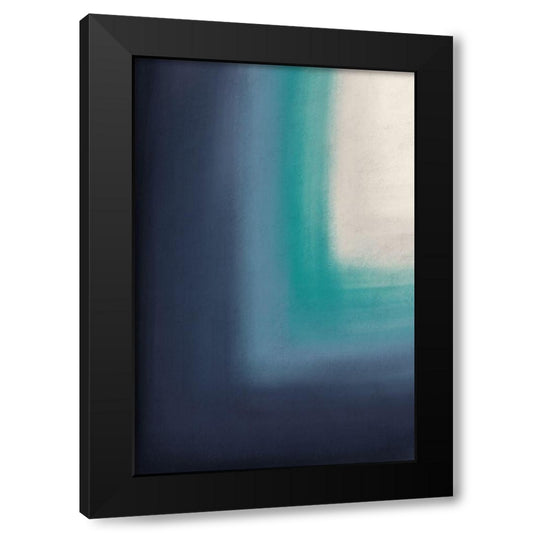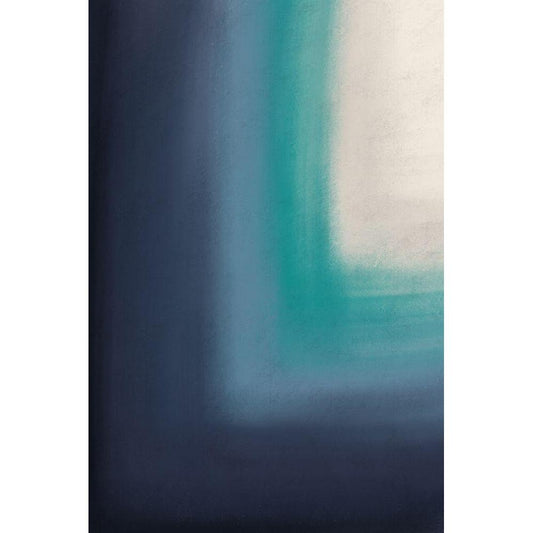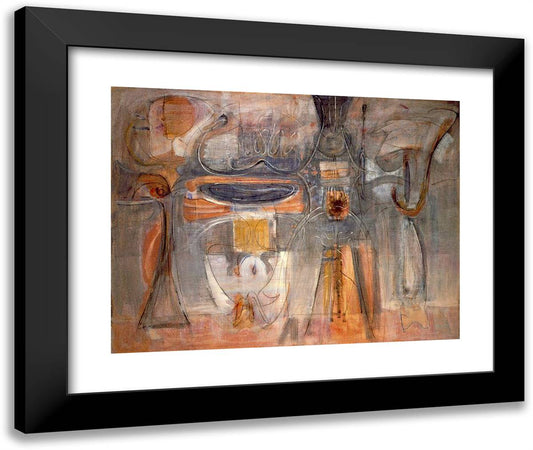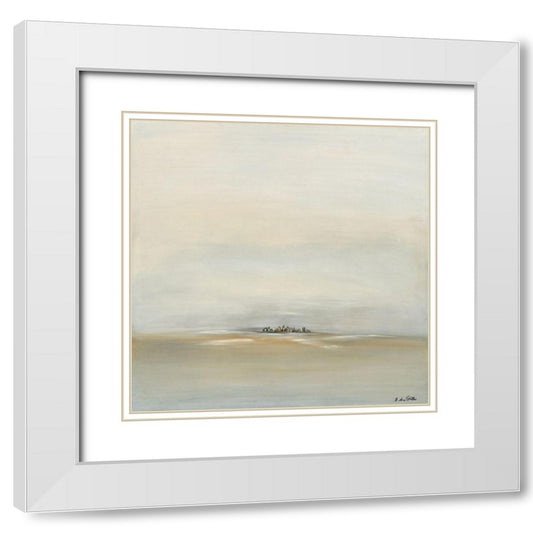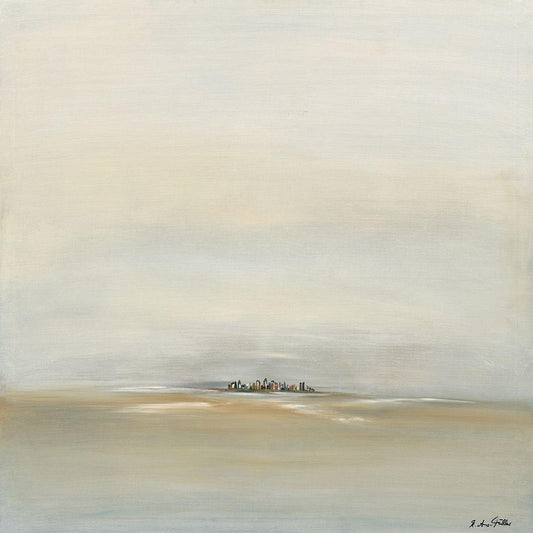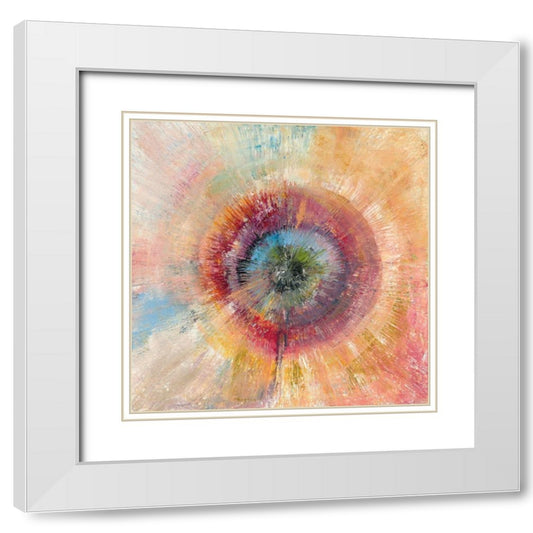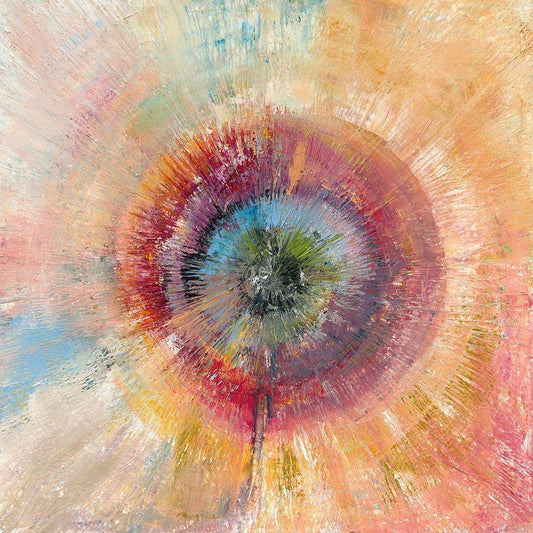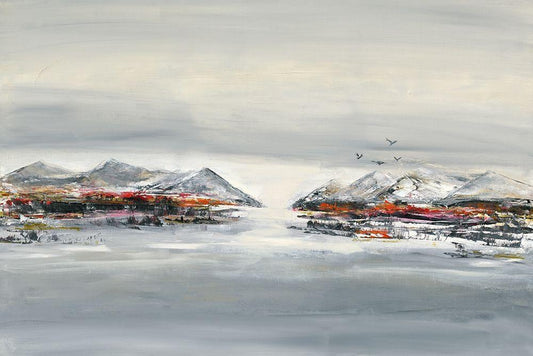Top Abstract Expressionism Artists
-
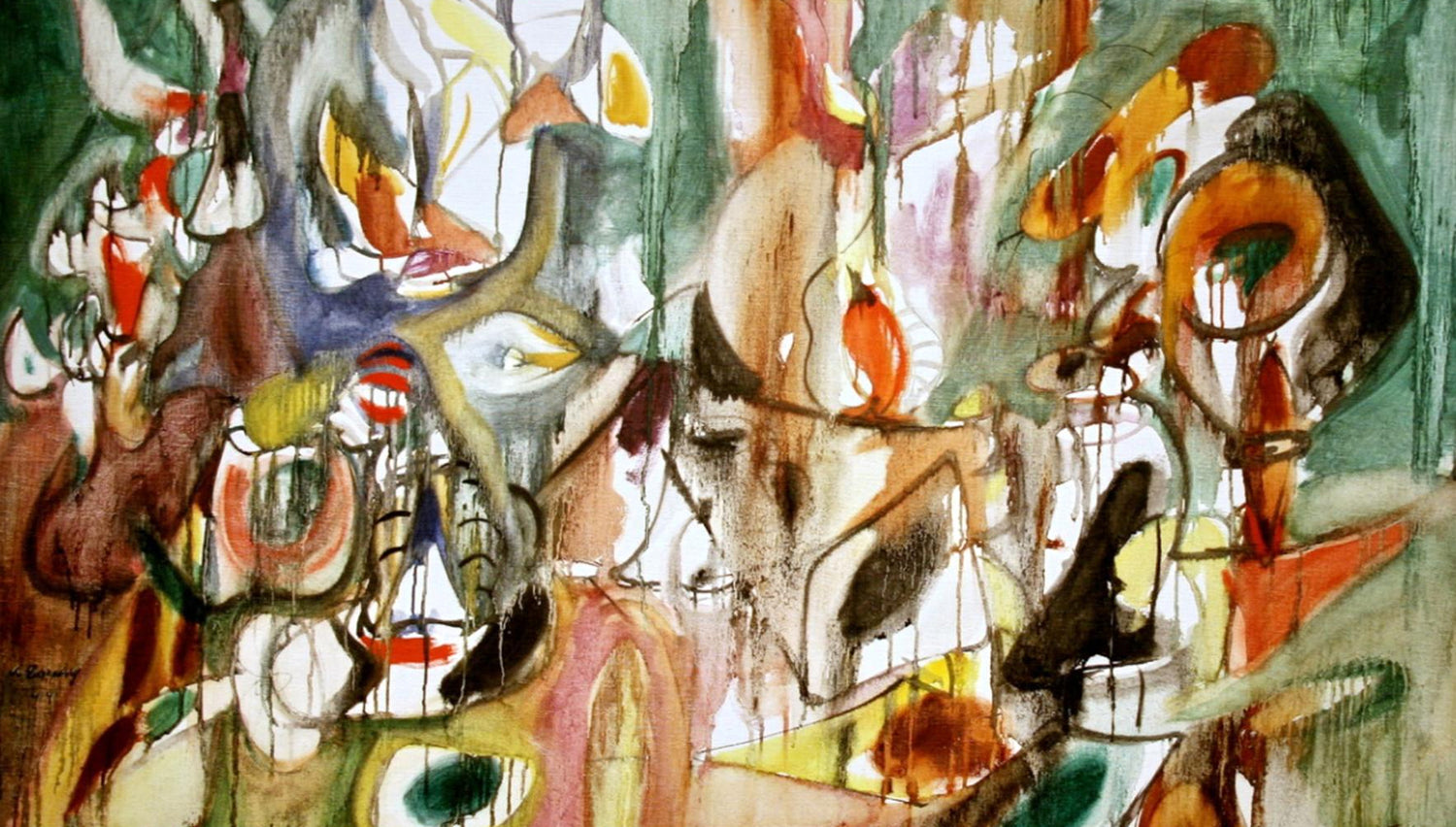
Arshile Gorky
Arshile Gorky was a leading figure in the Abstract Expressionist movement in...
-
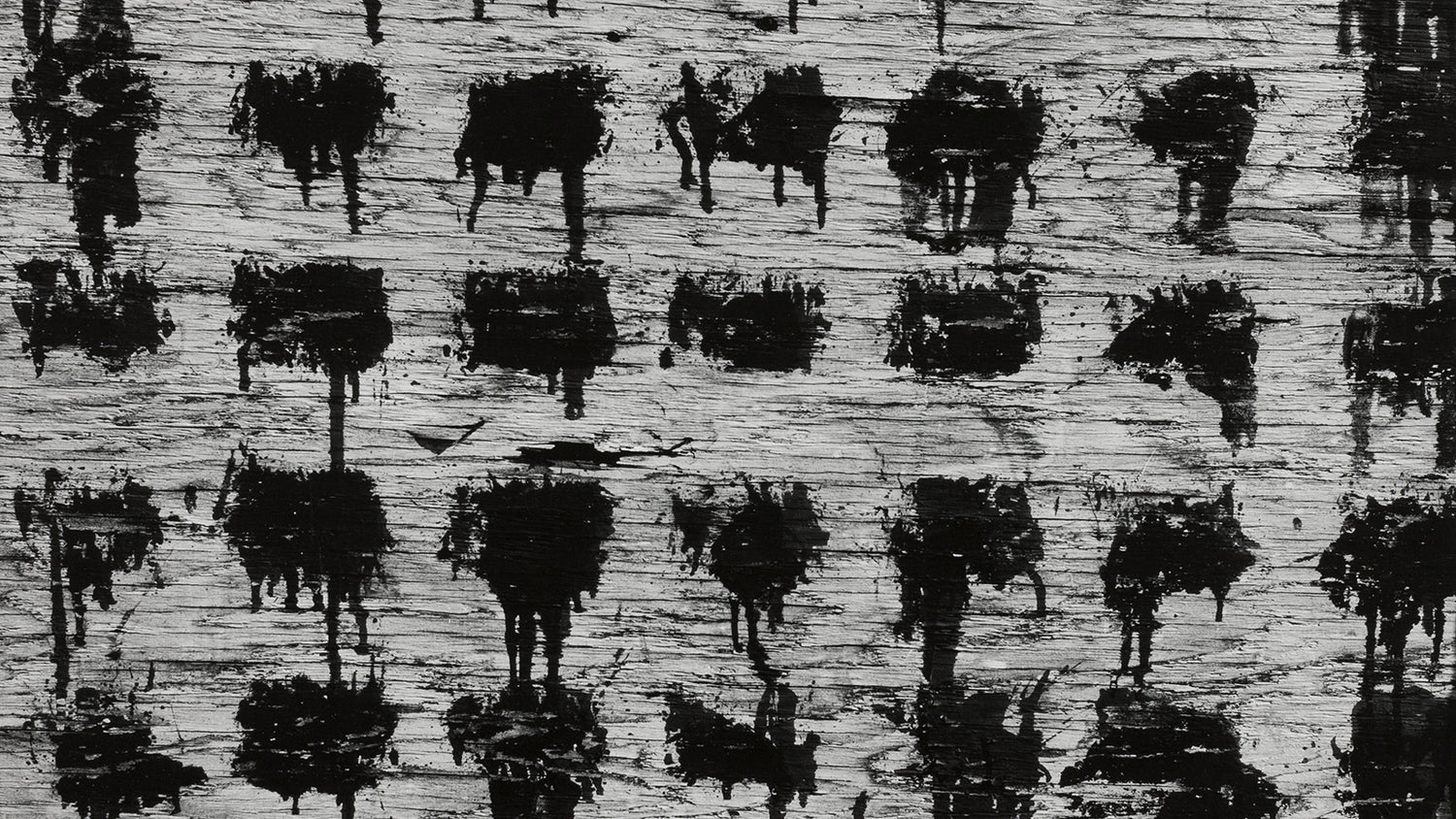
Aaron Siskind
Aaron Siskind (1903-1991) was an American photographer known for his abstract photographs...
-
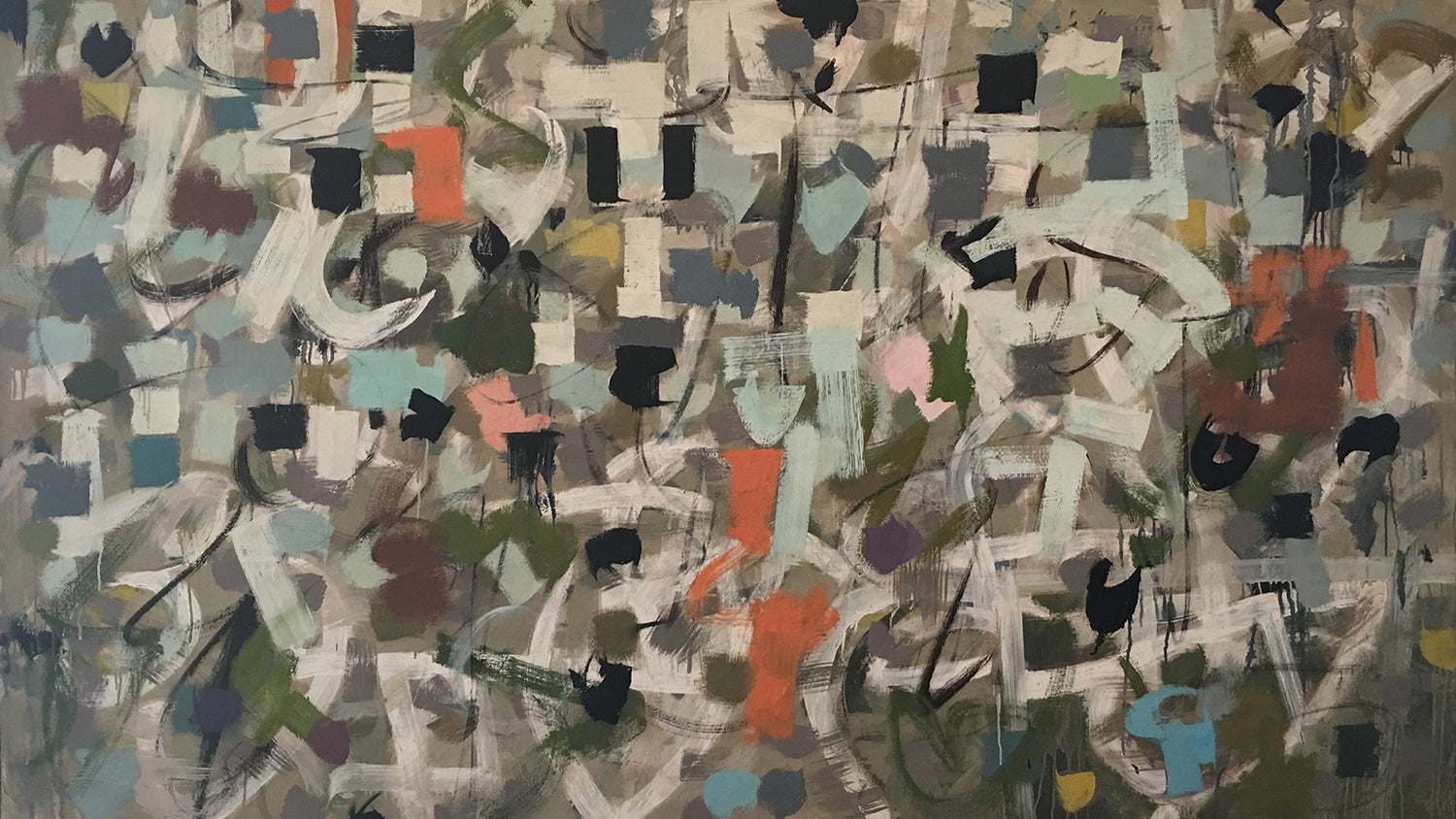
Bradley Walker Tomlin
Bradley Walker Tomlin was an American abstract painter associated with the Abstract...
-
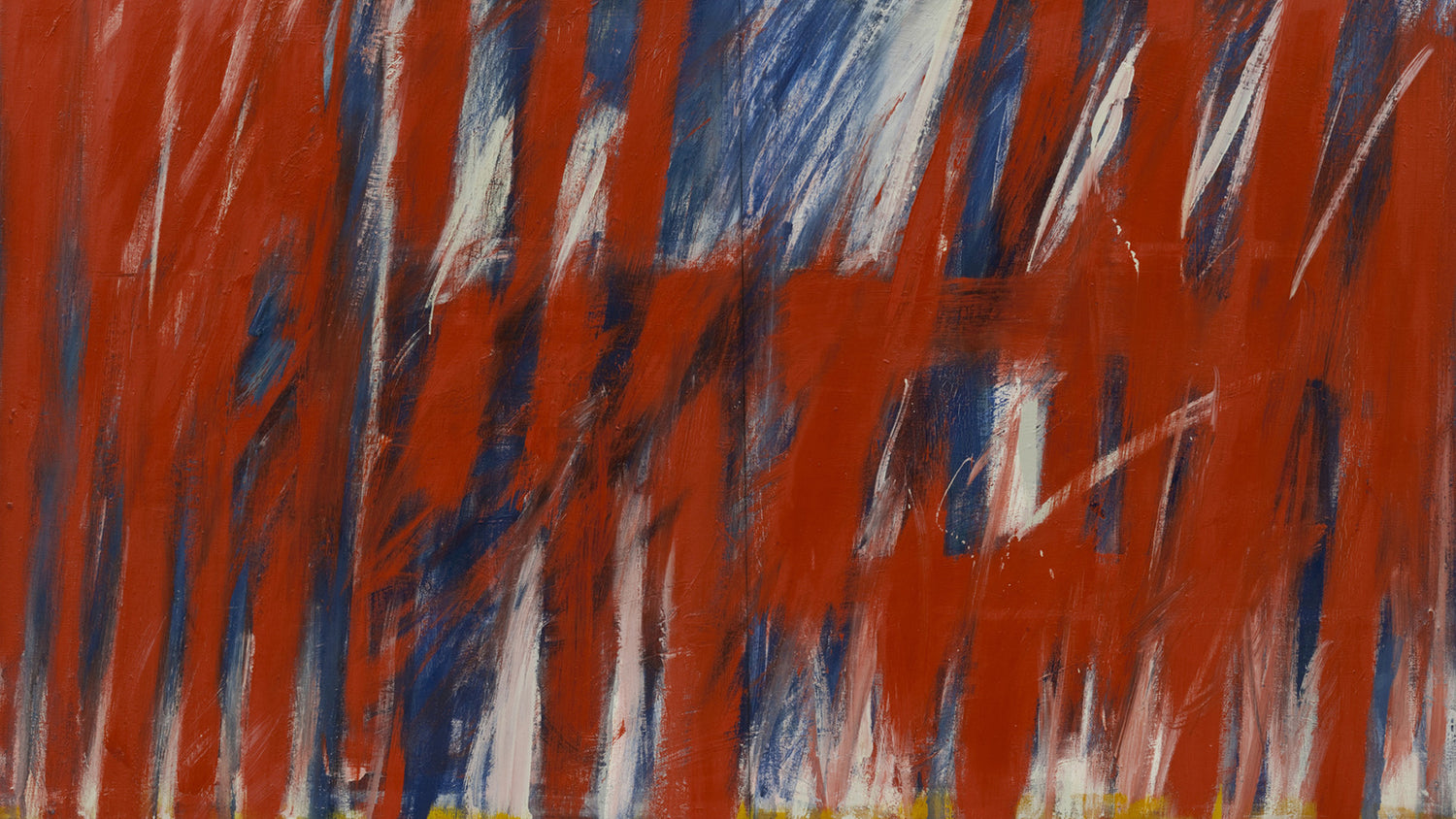
Jack Tworkov
Jack Tworkov (1900-1982) was an American abstract expressionist painter. Born in Poland,...
-
Roberto Clemente Black Modern Wood Framed Art Print by Wallich, Richard
Vendor:Wallich, RichardRegular price From $29.99 USDRegular priceUnit price per -
Untitled [Blue, Green, and Brown] 20x23 Black Modern Wood Framed Art Print Poster by Rothko, Mark
Vendor:Rothko, MarkRegular price $74.99 USDRegular priceUnit price per -
Two Ovals, 1919 White Modern Wood Framed Art Print with Double Matting by Kandinsky, Wassily
Vendor:Kandinsky, WassilyRegular price From $39.99 USDRegular priceUnit price per -
Points, 1920 Black Modern Wood Framed Art Print with Double Matting by Kandinsky, Wassily
Vendor:Kandinsky, WassilyRegular price From $39.99 USDRegular priceUnit price per -
Lipstick and Blush Black Modern Wood Framed Art Print with Double Matting by Roberts, Kait
Vendor:Roberts, KaitRegular price From $39.99 USDRegular priceUnit price per -
Seria IV Black Modern Wood Framed Art Print with Double Matting by Barnes, Victoria
Vendor:Barnes, VictoriaRegular price From $39.99 USDRegular priceUnit price per -
Seria I Black Modern Wood Framed Art Print with Double Matting by Barnes, Victoria
Vendor:Barnes, VictoriaRegular price From $39.99 USDRegular priceUnit price per -
Blue Jay Mix Black Modern Wood Framed Art Print with Double Matting by On Rei
Vendor:On ReiRegular price From $39.99 USDRegular priceUnit price per -
Blue Jay Mess Black Modern Wood Framed Art Print with Double Matting by On Rei
Vendor:On ReiRegular price From $39.99 USDRegular priceUnit price per -
Citrus Tile I White Modern Wood Framed Art Print by DeNeige, Elyse
Vendor:DeNeige, ElyseRegular price From $29.99 USDRegular priceUnit price per -
Last Supper Gold Ornate Wood Framed Art Print with Double Matting by Kissell, Mackenzie
Vendor:Kissell, MackenzieRegular price From $49.99 USDRegular priceUnit price per -
Abstract Blue IV Gold Ornate Wood Framed Art Print with Double Matting by Artic Frame Studio
Vendor:Artic Frame StudioRegular price From $49.99 USDRegular priceUnit price per -
Circular Motion II Gold Ornate Wood Framed Art Print with Double Matting by Vollherbst-Lane, Elaine
Vendor:Vollherbst-Lane, ElaineRegular price From $49.99 USDRegular priceUnit price per -
Circular Motion I Gold Ornate Wood Framed Art Print with Double Matting by Vollherbst-Lane, Elaine
Vendor:Vollherbst-Lane, ElaineRegular price From $49.99 USDRegular priceUnit price per -
Landscape with Two Poplars 1912 Black Modern Wood Framed Art Print by Kandinsky, Wassily
Vendor:Kandinsky, WassilyRegular price From $29.99 USDRegular priceUnit price per -
Carnivale Black Modern Wood Framed Art Print by Villarreal Villarreal, Gabriela
Vendor:Villarreal Villarreal, GabrielaRegular price From $29.99 USDRegular priceUnit price per -
Woodlands I Black Modern Wood Framed Art Print by Loreth, Lanie
Vendor:Loreth, LanieRegular price From $29.99 USDRegular priceUnit price per -
Pearl Dots II Black Modern Wood Framed Art Print by Reeves, Tom
Vendor:Reeves, TomRegular price From $29.99 USDRegular priceUnit price per -
Pearl Dots I Black Modern Wood Framed Art Print by Reeves, Tom
Vendor:Reeves, TomRegular price From $29.99 USDRegular priceUnit price per -
Gradient Doorway Black Modern Wood Framed Art Print by Prime, Marcus
Vendor:Prime, MarcusRegular price From $29.99 USDRegular priceUnit price per -
Rites of Lilith 24x20 Black Modern Wood Framed Art Print Poster by Rothko, Mark
Vendor:Rothko, MarkRegular price $74.99 USDRegular priceUnit price per -
Manhattan White Modern Wood Framed Art Print with Double Matting by Arns-Muller, Monika
Vendor:Arns-Muller, MonikaRegular price From $39.99 USDRegular priceUnit price per -
Mohnblumen White Modern Wood Framed Art Print with Double Matting by Arns-Muller, Monika
Vendor:Arns-Muller, MonikaRegular price From $39.99 USDRegular priceUnit price per -
Landschaft White Modern Wood Framed Art Print with Double Matting by Arns-Muller, Monika
Vendor:Arns-Muller, MonikaRegular price From $39.99 USDRegular priceUnit price per

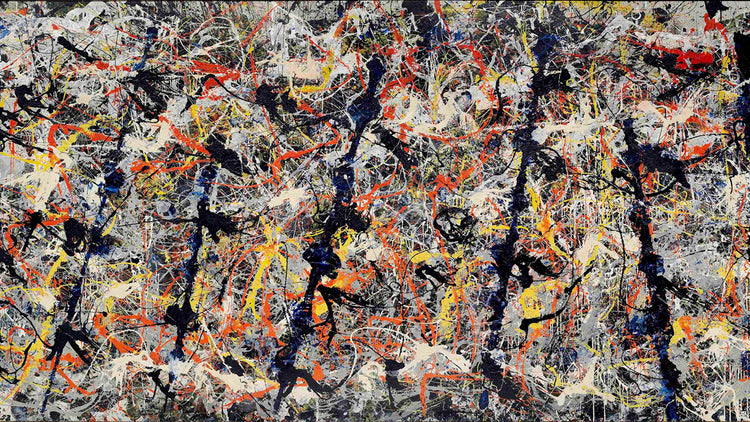





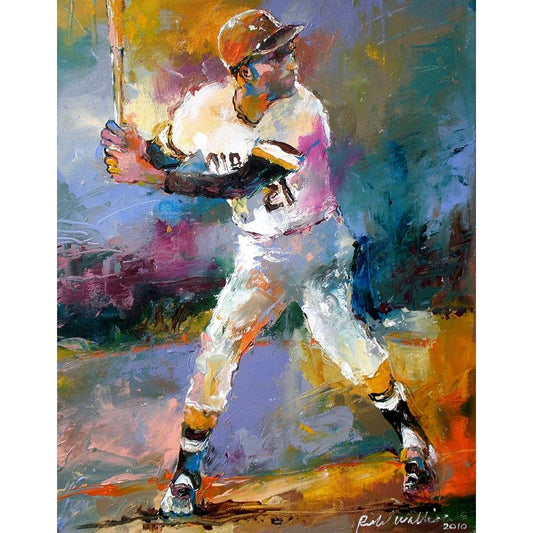
![Untitled [Blue, Green, and Brown] 20x23 Black Modern Wood Framed Art Print Poster by Rothko, Mark](http://frametowall.com/cdn/shop/products/BC_BSB-M_MarkRothko-15869-2.jpg?v=1683692067&width=533)
